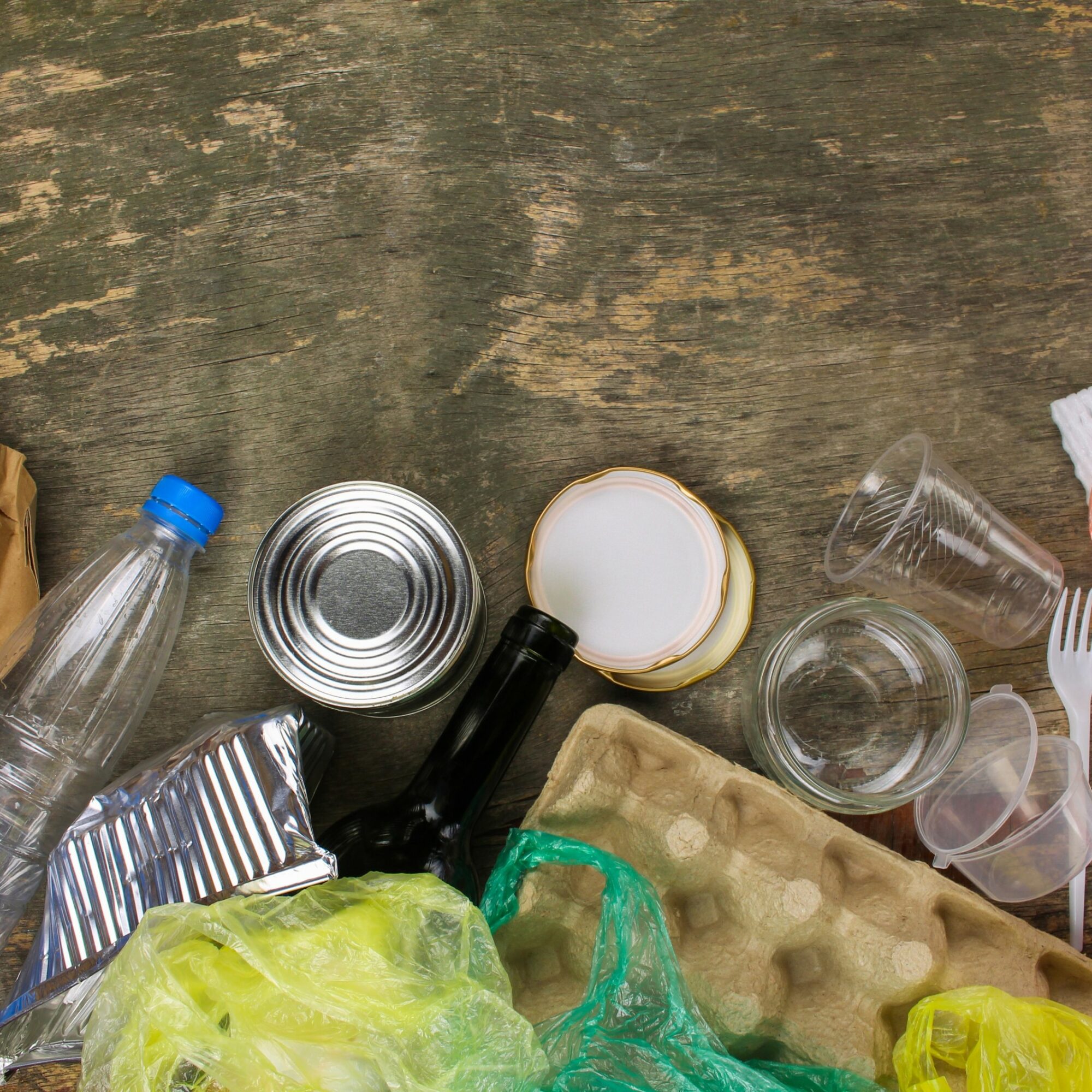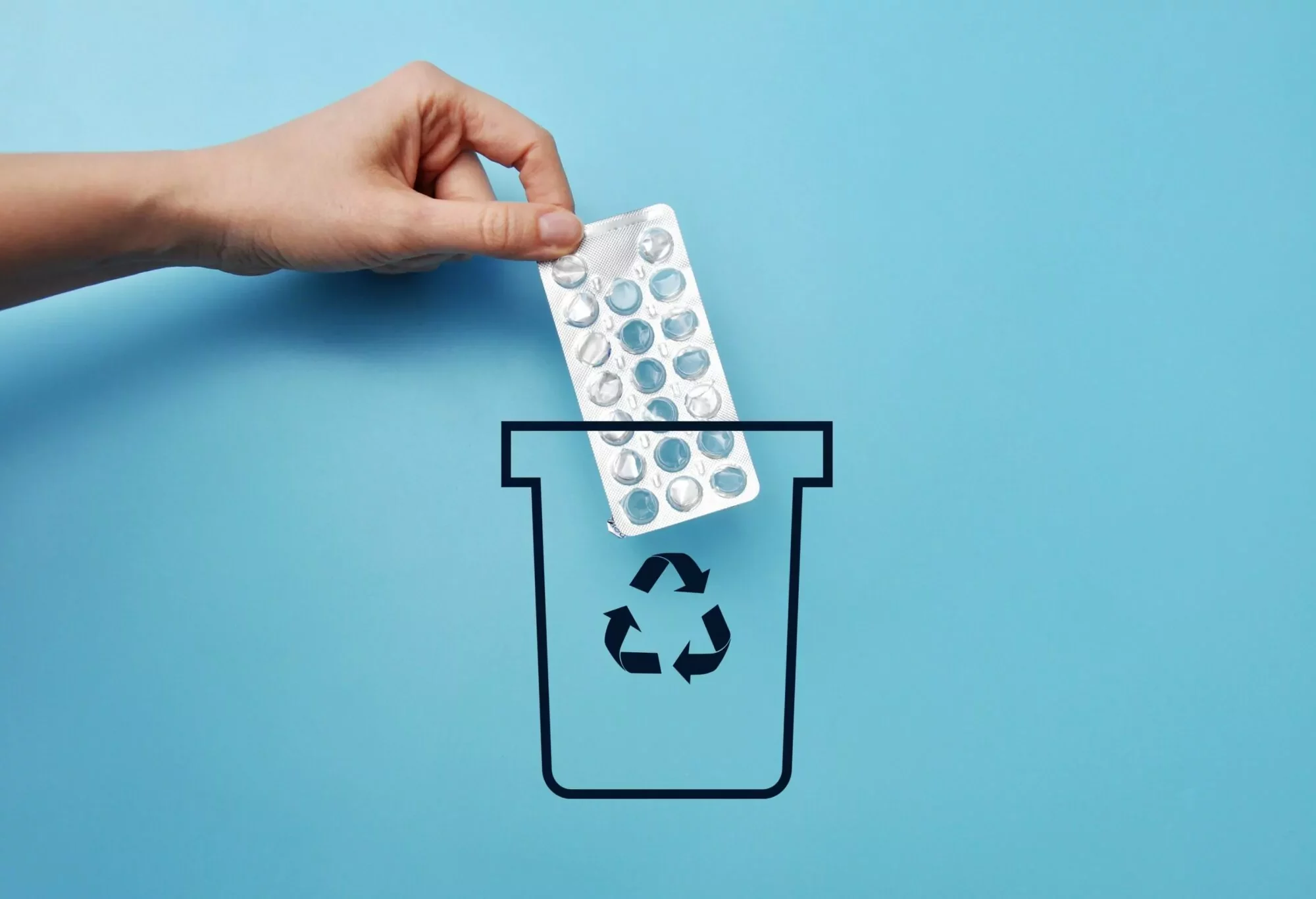
Sustainable packaging
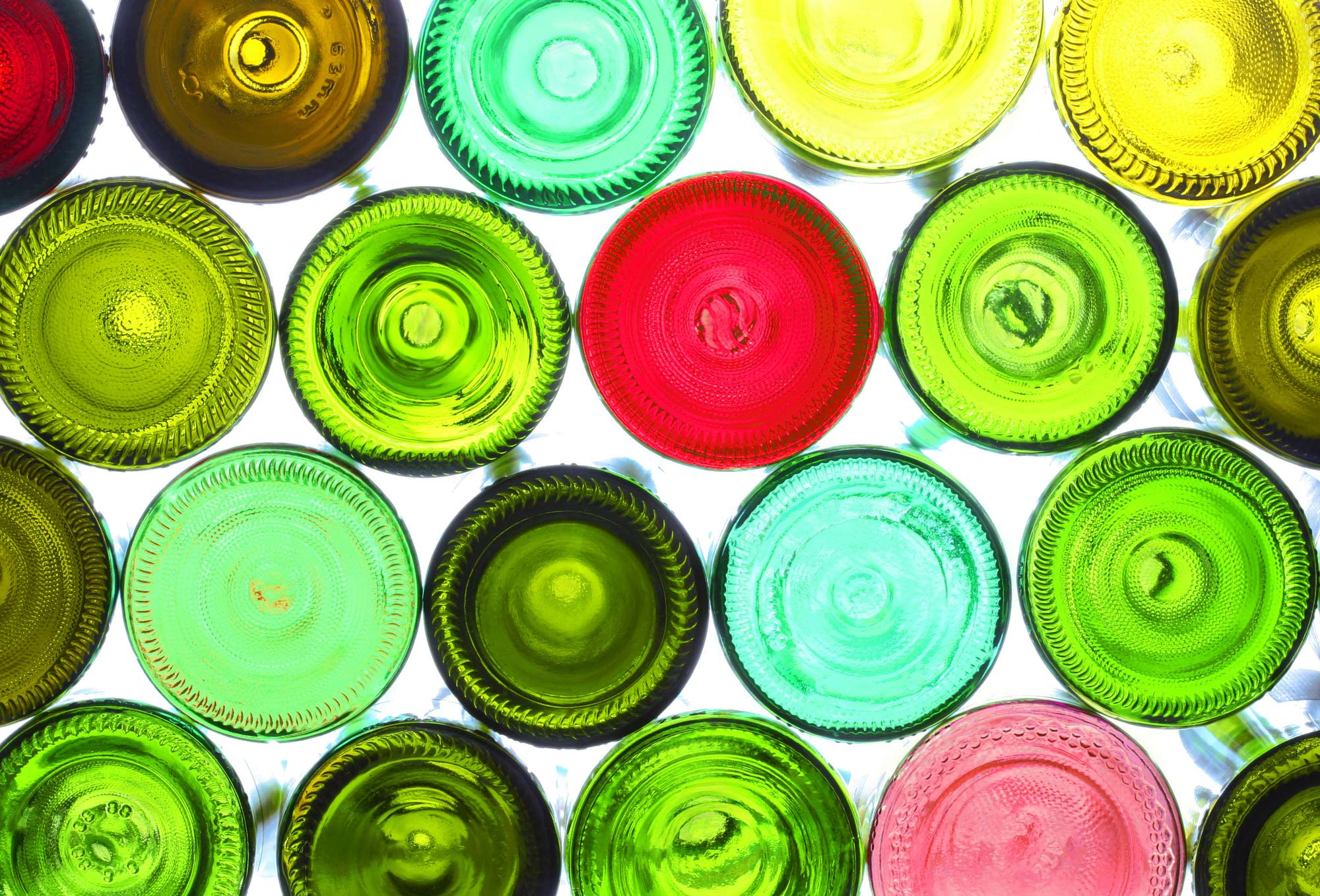
Improve the environmental impact of your packaging with an eco-design approach
Our specialized team explores the many challenges related to innovation in materials and supports companies in their innovation projects and in improving the environmental impact of their packaging (materials, design, sustainability, lifecycle…).
They trust us



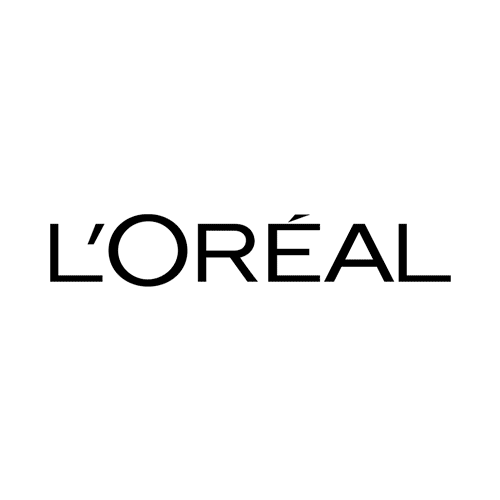
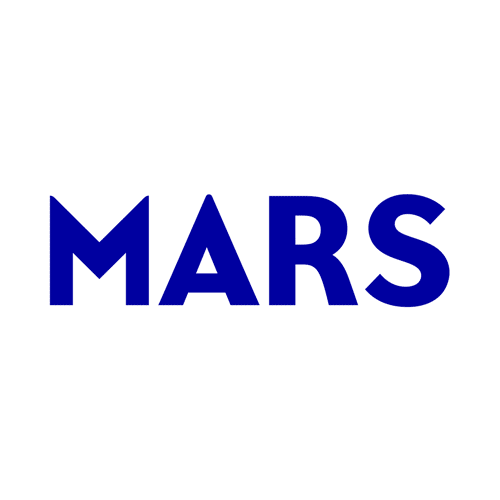
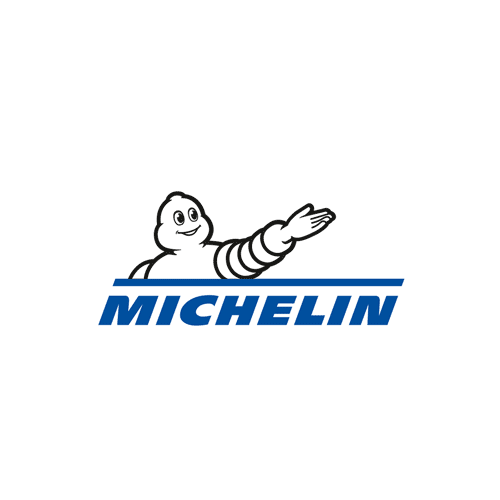

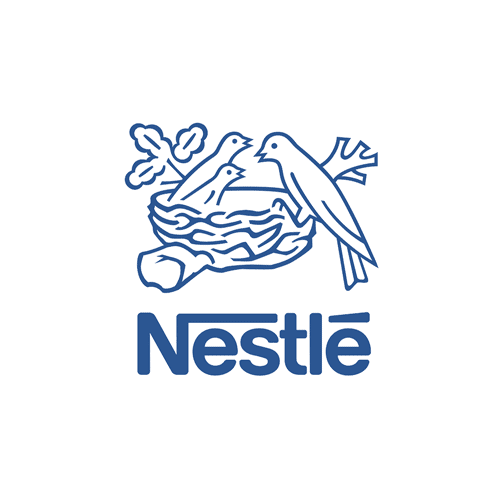
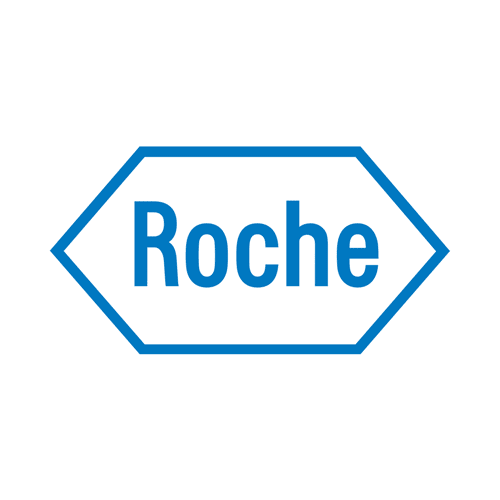


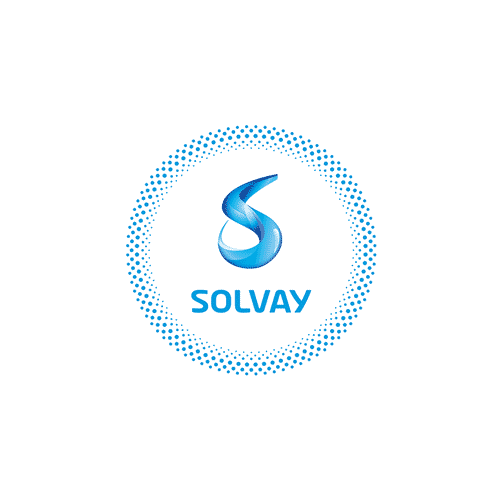
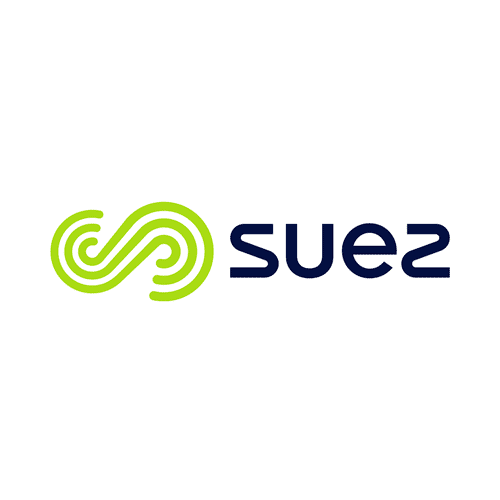

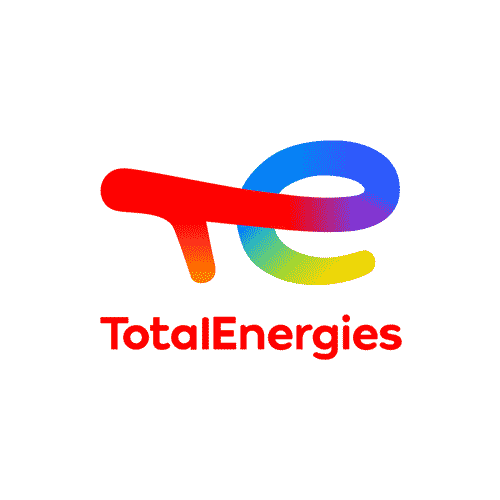
The challenges related to sustainable packaging
The packaging market should cross the 1,000 billion euro mark between 2025 and 2030 if the current trend continues. The environmental footprint of this market is considerable. As an example, it is estimated that over 42% of plastic pollutants originate from packaging-type waste destined for consumers.
The main challenge for manufacturers is therefore to minimize this impact, particularly in terms of the waste produced, through ecological packaging that is more respectful of the environment, while maintaining the performance required of their packaging according to the targeted applications.
To do this, several levers can be considered::
Generally, the first material that we want to minimize is plastic in favor of recycled plastic, paper, cardboard or another preferably bio-sourced, biodegradable, compostable material, etc. This change is not so easy, because the target material must be able to respond to the physical and chemical constraints linked to the use and packaging of the product.
What are suitable substitute materials? How to maintain a sufficient level of packaging performance despite this substitution? Which partners for the sourcing and integration of these materials in packaging?
In order to minimize the quantity of material used or even to eliminate the need to use a problematic material, but also to improve the recyclability of the packaging, minimize its transport, etc. Once again, it is not easy to achieve iso-performance of the packaging (solidity, sensoriality, product stability over time, etc.).
How to reduce packaging mass while maintaining an equivalent level of performance? What structural innovations in packaging design should be integrated? With which partner to optimize the packaging design?
Through the use of more resistant materials, or even by adopting technologies that allow the packaging to be refilled at home or in stores (“refill”).
How to ensure the stability of the product in the context of refilling or reconditioning? What refill equipment and processes should be put in place for sustainable packaging?
How we support you in your projects related to sustainable packaging
For over 25 years, Alcimed has supported its clients on many issues related to innovation in materials, especially ecological materials.
We are exploring the topic of sustainable packaging for our industrial clients in all of our sectors: the health industry, chemicals, materials, cosmetics and luxury, agri-food, energy and the environment.
We have developed 360-degree vision of the topics thanks to the numerous development projects carried out for companies across the entire value chain such as Saint-Gobain, L’Oréal, Coca-Cola, Chanel, Solvay, Bioderma, Hutchinson, Naval Group, Essilor, Mitsubishi Chemicals, Shamir, etc.
The diversity of our clients, the geographic fields that we explore, and the types of projects that we carry out, give us a global and in-depth understanding of the issues addressed in the field of sustainable packaging.
Examples of recent projects carried out for our clients in sustainable packaging
Support for a leading cosmetics player in the search for technological partners to develop sustainable wood-based packaging
We helped the packaging development manager of a major cosmetics company to identify suppliers of food and cosmetic grade wooden packaging.
Through extensive patent review, analysis of congresses and symposia, and consideration of the latest academic research on the subject, we identified several technology partnership options, including one that was unknown to our client and fully met its technical requirements.
Study of opportunities in home compostable packaging in the agrifood industry
In the context of growing awareness and pressure to preserve the environment, a coffee capsule manufacturer wanted to offer a new generation of home compostable capsules, which would be an alternative to the current “green” materials (a thermoplastic aliphatic polyester derived from renewable biomass).
Through a state-of-the-art exploration of off-the-shelf and in-development solutions, we have identified and characterized innovative packaging solutions and trends to challenge and fuel our client’s knowledge in this domain.
Support for an industrial leader in food and beverages in the identification of innovative solutions for reducing the weight of its packaging in a sustainable packaging approach
We supported one of our clients, an industrial leader in the food and beverage sector, in achieving a state of the art on packaging solutions and innovations related to weight reduction, meeting the objectives of conservation, storage of products, and reduction of the environmental footprint.
We first identified the key trends in the field of packaging weight reduction (solutions around materials, production processes and design methods). We then identified 30 solutions and characterized the 10 most relevant innovations in relation to our client’s context, by creating an interactive database and a specific identity card for each solution retained.
Our analysis enabled our client to identify several possible solutions to achieve their packaging goals.
Evaluation of potential partners in the field of refillable packaging for a player in the agrifood industry
We supported a major player in the food industry in identifying potential partners who could enable it to offer alternatives to single-use packaging.
In this search for more sustainable packaging solutions, over 60 players covering several technologies have been identified, prioritized and deepened as part of a detailed characterization of their capacities and their openness to collaboration.
This enabled our client to have a clear operational roadmap regarding the players to be prioritized.
Definition of the relevance of a recyclability strategy for oral and nasal administration devices of a medical devices manufacturer
In order to align with its CSR goals but also to drive commercial innovation, we supported one of our clients, a manufacturer of medical devices, in deciphering the main stakes of oral and nasal administration devices recycling in France.
We first started by mapping the key players involved in the considered field in France. Then, based on both a literature in-depth analysis and targeted interviews with these key players, we analyzed how such end-of-life management and recycling is currently performed and determined how and when the field may evolve according to regulations.
All in all, we identified relevant partners for our client in the space of the end-of-life management of their devices and provided them with inspiration on the operating model developed by others. We also made recommendations on whether to act now for each considered device, and how to do so.
Identification of new business opportunities for a packaging manufacturer, in the field of molded fiber packaging for food industries
We worked with a packaging manufacturer to identify and evaluate new business opportunities in the field of molded fiber food packaging in Europe.
To do so, we segmented the different types of food products and currently used packaging, and characterized the possible applications by evaluating their economic potential. We then selected the most promising food applications for further analysis. We deep dived on these applications through interviews with key industry experts, and assessed their market sizes, openness and closeness to our client’s activity.
We finally identified several packaging applications of particular interest for our client, which could represent future business opportunities, and also provided them with details on the associated main needs and expectations for each of these applications.
You have a project?
To go further
Cross-sector
Sustainable packaging design and recyclability: major challenges for food manufacturers
The food industry must innovate and think about sustainable packaging design in the face of regulatory changes on their recyclability and the environmental display of food products.
Cosmetics
The waterless cosmetics market: opportunities and challenges of reconstitutable powders
What are reconstitutable powders? These new formats come in the form of refillable loose or compacted powders (in pill or lozenge forms) that can be rehydrated in a container to make a liquid, ...
Healthcare
How to reduce the environmental impact of pharmaceuticals downstream of the value chain
Find out what actions to take to reduce the environmental impact of the distribution and life cycle of pharmaceutical products.
Founded in 1993, Alcimed is an innovation and new business consulting firm, specializing in innovation driven sectors: life sciences (healthcare, biotech, agrifood), energy, environment, mobility, chemicals, materials, cosmetics, aeronautics, space and defence.
Our purpose? Helping both private and public decision-makers explore and develop their uncharted territories: new technologies, new offers, new geographies, possible futures, and new ways to innovate.
Located across eight offices around the world (France, Europe, Singapore and the United States), our team is made up of 220 highly-qualified, multicultural and passionate explorers, with a blended science/technology and business culture.
Our dream? To build a team of 1,000 explorers, to design tomorrow’s world hand in hand with our clients.
We talk about sustainable packaging when there is a consideration, from its design, of the CSR impact at each stage of its life cycle (eco-design). This eco-design reflection can take place at several levels of packaging:
- Primary: for packaging in contact with the product,
- Secondary: for the protection or grouping of products in a single package,
- Tertiary: for the grouping of several complete products to facilitate their transport (ex: dispatch).
Naturally, the technical and market challenges to overcome are more numerous at the primary packaging level.
The 5Rs of sustainable packaging are Reuse, Reduce, Recycle, Renew and Redesign:
- Reuse: rethinking the end-of-life of packaging (different reuse by consumers, reuse of packaging offcuts, packaging recovery, etc.)
- Reduce: reducing the quantity and impact of packaging-related waste (elimination of superfluous packaging, choice of materials, packaging size, product concentration, etc.)
- Recycle: recovering, processing and reusing used products so that they become raw materials again (choice of materials, prioritization of single-material packaging, etc.)
- Renew: promoting the use of renewable materials (paper and cardboard from sustainably managed forests, bio-sourced materials, etc.)
- Redesign: fundamentally rethinking packaging designs (optimization, printing processes, etc.)
